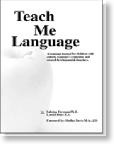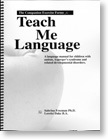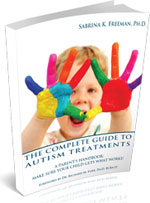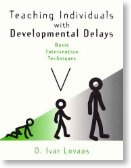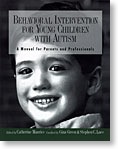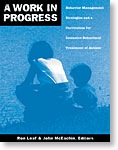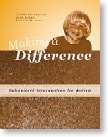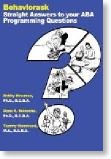disabilities
George Will hits one out of the ballpark
07/05/12 20:14 Filed in: autism | Asperger's Syndrome
Although I don’t follow Washington Post columnist George Will on a regular basis, and I don’t know him personally, his recent article which celebrates the birthday of his 40 year old son born with Down Syndrome, makes me feel like he and I are in the same exclusive club: determined and tenacious parents of children with a disability. The disabilities are different, each with their own challenges; we are a generation apart, but the orientation is the same. We want to make sure that our children have a meaningful life that is lived with dignity and that they reach their full potential.
What is interesting, though, is that Will describes parents of children with Down Syndrome as not having “any tormenting sense of what might have been” since Down Syndrome is apparent from birth. That is clearly different from parents of children with autism since autism is not obvious from birth and, indeed, most of us do have a tormented sense of a future that is not to be. After two to three years living with a baby who we expect will grow up to be a typically developing adult, we discover that our child is not developing on a typical trajectory and will need thousands of hours of treatment (and hundreds of thousands of dollars) to learn the most basic of skills. Our torment may be quite functional, though, since it motivates us to fight for effective autism treatment with the hope that our children will improve, perhaps to the point where they may, some day, become indistinguishable from their typically developing peers.
George Will also describes a world that would be better if there were more people with Down Syndrome, due to their socially pleasant demeanor. Like children with Down Syndrome, children with autism also introduce society to opportunities for everyone to challenge their own sense of acceptance or tolerance. Yet children with autism provide a greater challenge since they are not naturally sociable. In fact, our kids regularly break societal norms and often need to be taught a considerable number of social conventions. Will further mentions that 90% of fetuses with Down Syndrome are now aborted due to our societal obsession with perfection. As we become more knowledgeable about what causes autism, I fear that in the race for perfection, there may be the same rate of abortion of children with autism who are diagnosed in the womb.
What garners respect for Dr. Will is his unqualified, public pride in his son as he highlights the meaningful life that his son enjoys. It is heartwarming that when Jon Will independently negotiates public transit to spend his days enjoying life, sitting in the stadium rooting for his favorite baseball team he is truly an equal. At the end of the day, a happy, independent life is the ultimate goal we have for our disabled children as well.
What is interesting, though, is that Will describes parents of children with Down Syndrome as not having “any tormenting sense of what might have been” since Down Syndrome is apparent from birth. That is clearly different from parents of children with autism since autism is not obvious from birth and, indeed, most of us do have a tormented sense of a future that is not to be. After two to three years living with a baby who we expect will grow up to be a typically developing adult, we discover that our child is not developing on a typical trajectory and will need thousands of hours of treatment (and hundreds of thousands of dollars) to learn the most basic of skills. Our torment may be quite functional, though, since it motivates us to fight for effective autism treatment with the hope that our children will improve, perhaps to the point where they may, some day, become indistinguishable from their typically developing peers.
George Will also describes a world that would be better if there were more people with Down Syndrome, due to their socially pleasant demeanor. Like children with Down Syndrome, children with autism also introduce society to opportunities for everyone to challenge their own sense of acceptance or tolerance. Yet children with autism provide a greater challenge since they are not naturally sociable. In fact, our kids regularly break societal norms and often need to be taught a considerable number of social conventions. Will further mentions that 90% of fetuses with Down Syndrome are now aborted due to our societal obsession with perfection. As we become more knowledgeable about what causes autism, I fear that in the race for perfection, there may be the same rate of abortion of children with autism who are diagnosed in the womb.
What garners respect for Dr. Will is his unqualified, public pride in his son as he highlights the meaningful life that his son enjoys. It is heartwarming that when Jon Will independently negotiates public transit to spend his days enjoying life, sitting in the stadium rooting for his favorite baseball team he is truly an equal. At the end of the day, a happy, independent life is the ultimate goal we have for our disabled children as well.


